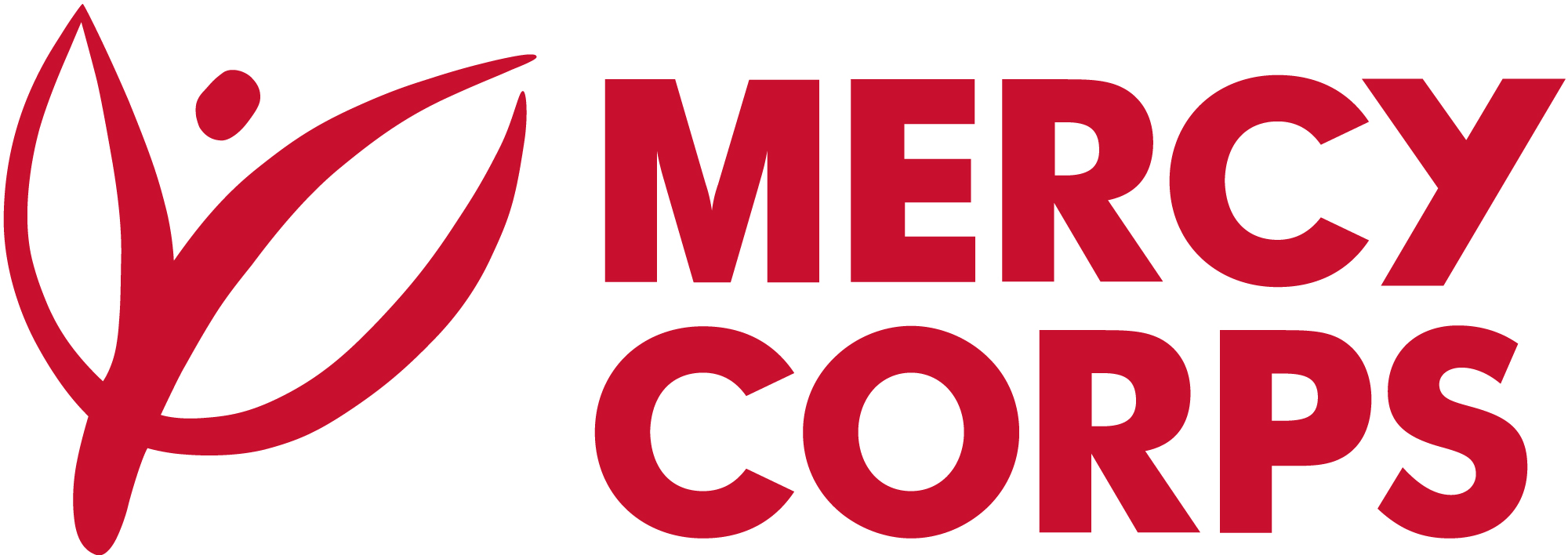Key Takeaways:
- The National Social Security Fund announced that it raised the exchange rate – effective February 1 – at which it calculates payments and transfers to 89,000 Lebanese pounds (LBP) per 1 US dollar (USD). The new exchange rate will apply to subscribers whose income is partially or fully denominated in USD.
- On February 2, the Central Bank issued Circulars 166 and 167. Circular 166 will allow depositors who are not benefiting from Circular 158 to withdraw USD 150 per month from their USD-denominated commercial bank accounts. Circular 167 requires commercial banks and other financial institutions to base their accounting on the Central Bank digital exchange platform (formerly “Sayrafa”) exchange rate.
- On February 6, Electricité du Liban (EdL) adjusted the LBP-USD exchange rate used to calculate billing from LBP 104,000 to LBP 89,500, by eliminating a 20% surcharge that was implemented in late 2022.
- On February 28, the caretaker government approved temporary wage bonuses for public sector employees, excluding the education system and judiciary. Salaries will increase to nine times their pre-crisis levels in LBP, and 30% to 40% of pre-crisis levels in USD (when calculated at the 89,500 LBP-USD exchange rate). Bonus beneficiaries will also be compensated for transportation expenses.
- Despite an overall reduction in the total number of Israeli air and artillery strikes in February, the Israeli military targeted areas deeper into Lebanese territory. The five-month-old conflict has heavily impacted the south, as damage to essential infrastructure, civilian deaths, and the number of internally displaced persons increased during the month. Diplomatic efforts to end the conflict are ongoing, marked by US envoy Amos Hochstein’s shuttle diplomacy and a French-led proposal for post-conflict stabilization measures along the Lebanese-Israeli border.
- After visiting Lebanon on February 21, Quintet group ambassadors from the United States, France, Qatar, Egypt, and Saudi Arabia reiterated the importance of electing a “consensus” president and suggested that the adoption of a “third candidate” could break the political deadlock, which has left Lebanon without a head of state for 16 months.
By Crisis Analytics Team, Mercy Corps Lebanon



